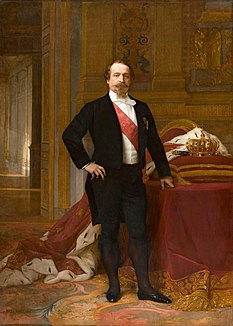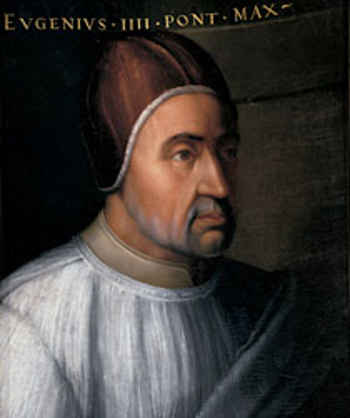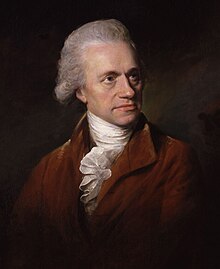 English weather is proverbially lousy partly because it’s so wet all the time. But January 16 of 1362 was especially bad, the onset of the Grote Mandrenke which if your low Saxon is in good working order will alarm you because it means the "Great Drowning of Men".
English weather is proverbially lousy partly because it’s so wet all the time. But January 16 of 1362 was especially bad, the onset of the Grote Mandrenke which if your low Saxon is in good working order will alarm you because it means the "Great Drowning of Men".
Also known as the "Second St. Marcellus Flood" because it peaked on his feast day, January 17, the Grote Mandrenke took at least 25,000 lives in the British Isles and northern Europe from Denmark to the Netherlands. A previous "First St. Marcellus flood" had hit in 1219, drowning some 36,000 people in northern Europe, which surely indicates that extreme weather did not begin when Al Gore hit middle-age.
In fact the Grote Mandrenke was the result of a massive southwesterly Atlantic gale that sent a storm side surging far inland, sweeping away islands, cutting off parts of the mainland and wiping entire towns off the map to the point that some cannot now be located even through archeology. And it was, as the "Second St. Marcellus flood" business indicates, far from unusual in that period.
Wikipedia notes blandly that "This storm tide, along with others of like size in the 13th century and 14th century, played a part in the formation of the Zuiderzee, and was characteristic of the unsettled and changeable weather in northern Europe at the beginning of the Little Ice Age." But hang on. Doesn’t that sound exactly like "climate change"? But hardly "man-made" or, if you like long words, "anthropogenic."
OK then. If drastic, menacing climate change has been clearly happening since long before humans invented factory mass production, and has been known to have been happening, it tells you what?
The politically correct answer is nothing. Everybody contemplating any issue other than the current panic knows climate has always varied, often suddenly and with dramatic consequences, and says it openly. Glaciers suddenly advance and suddenly retreat. The Earth warms and cools repeatedly. But never mind. Pay no attention. The science is settled. It’s all our fault.
Except the science is no more settled than the climate itself. The famous "Little Ice Age" itself, which brought the Middle Ages to something of a screeching halt and lasted into Victorian times, was not caused by humans. But nor logically then was its end, which set off the warming trend that persisted through most of the 20th century. Indeed most of that warming awkwardly preceded the large increase in atmospheric CO2 to which it is attributed by those who do not believe that causes must precede effects for science, or life, to make any sense.
Blaming humans for unstable weather is about as rational as blaming St. Marcellus. Which people in the Middle Ages were too sensible to do, I might pointedly add.





